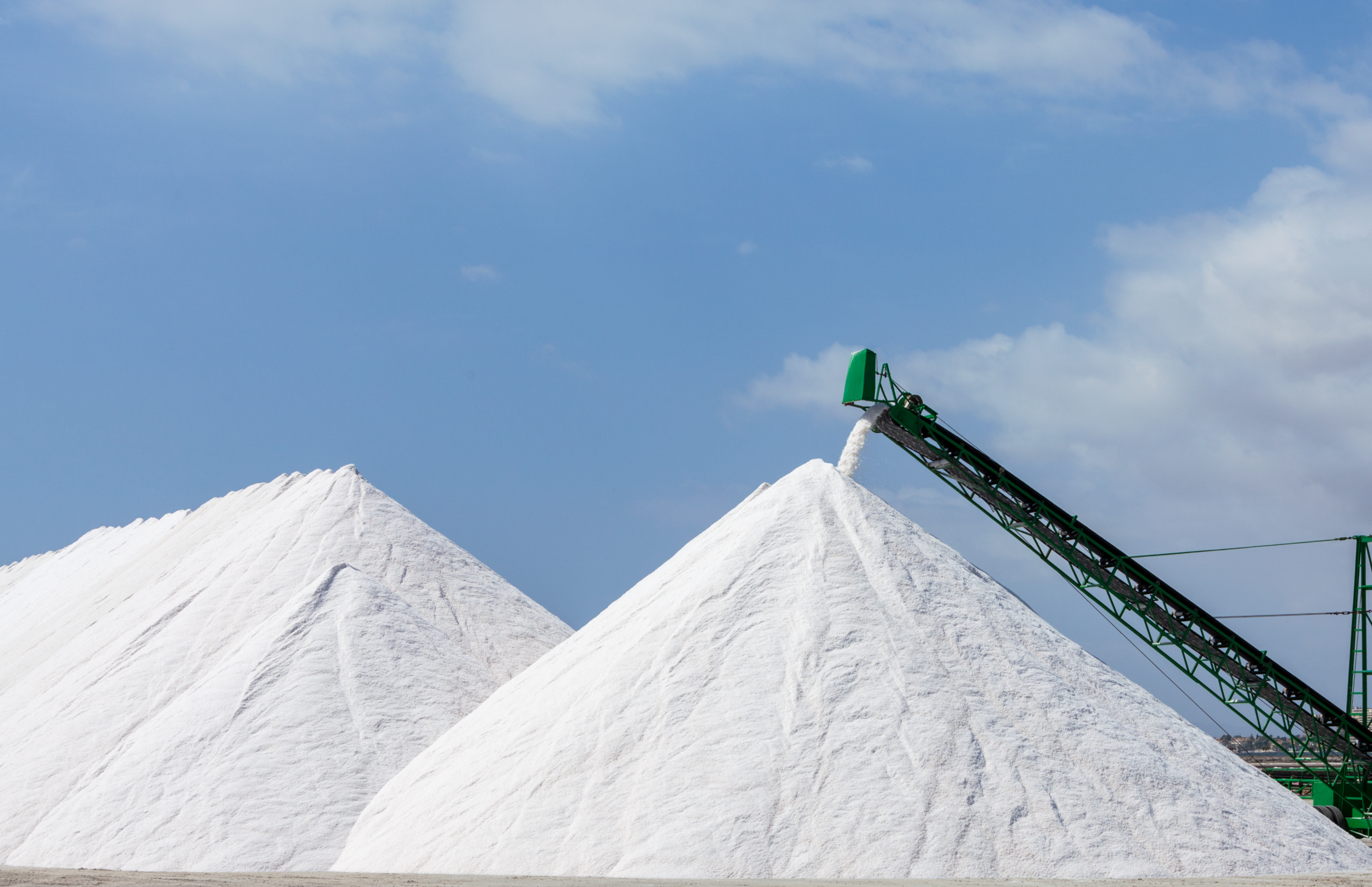Indonesia aims halt salt imports
News Analysis

18
Dec
2024
Indonesia aims halt salt imports
Indonesia is stopping edible salt imports in 2025 and aims to build out its industrial salt industry to end its import reliance
The Indonesian government has announced plans to stop importing salt for consumption starting in 2025, as mandated by Presidential Regulation No. 126/2022. More significantly, it decrees that imports of industrial salt are set to be phased out within the next two years.
The transition to self-sufficiency in salt for consumption aligns with Indonesia's broader ambition to achieve food self-sufficiency by 2027, ahead of its initial target of 2028-2029. The government’s efforts to phase out industrial salt imports are a part of a larger strategy to bolster critical materials industries domestically. Salt plays a vital role in various sectors, including food, chemicals, and energy-related applications, including battery production, which depend on processes like chlor-alkali electrolysis and soda ash production. By ramping up domestic salt production, Indonesia aims to enhance economic resilience and reduce vulnerabilities associated with global supply chain disruptions.
Achieving these goals will require significant investments in infrastructure, technology, and workforce development to improve both the quality and quantity of locally produced salt. Industrial salt has stringent quality standards, which will present a challenge given the current state of Indonesia's production capabilities.
Indonesia remains heavily reliant on salt imports. Domestic salt producers currently supply around 2.5Mtpy, while imports reached 2.8Mt in 2023. Three-quarters of the imports are sourced from Australia and the balance largely from India. Meanwhile, industrial salt demand is set to increase by at least 1.6Mtpy by 2027 based on announced projects for the chemical industry. This will require an increase in domestic salt produciton of more than 4.4Mtpy in just two years.
Indonesia’s initiative is a step toward leveraging its own natural resources and strengthening its position in strategic materials. Earlier this year, Project Blue reflected on the impact of the ex-President Joko Widodo’s flagship industrial policies on the key metal markets of nickel and bauxite and considered how his successor’s continuation or modification of the country’s current industrial strategy will shape investment in the nation over the years to come. If successfully implemented, the salt imports policy could serve as a model for other sectors seeking to localize production and achieve self-sufficiency in essential commodities. However, the goals may prove to be too ambitious in the time frame, as increasing salt production to replace imports as well as meeting the growing chemical industry demand will be no small feat, even with stringent planning and preparation.